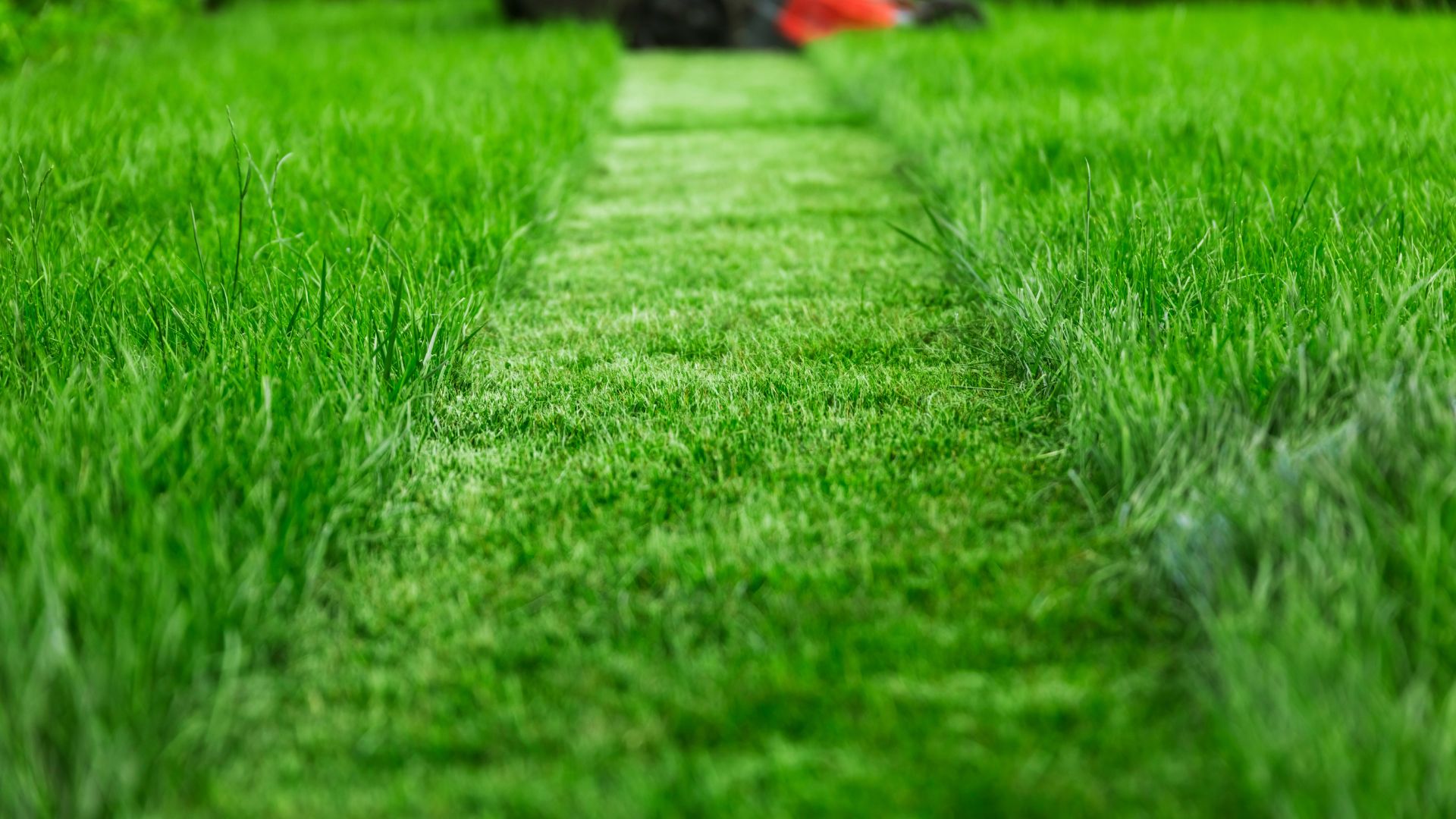Weeds can be a major problem for any lawn, whether it’s a small backyard or a large commercial property. They can be unsightly, reduce the health of your lawn, and even harm other plants in your garden. Unfortunately, weeds are a natural part of any lawn ecosystem and will always be present to some degree. However, there are several ways to control weeds in lawns and keep them at bay.
Prevention is Key
One of the best ways to control weeds is to prevent them from taking root in the first place. This means keeping your lawn healthy and thick. A thick, healthy lawn will choke out weeds and make it difficult for them to get established. To achieve this, make sure your lawn is getting enough water, fertiliser and mowing regularly.
Watering is an essential part of keeping a lawn healthy. It is recommended to water a lawn once a week for about 30 minutes. It’s important to note that watering too much can also harm a lawn, as it can lead to shallow root growth and an increased chance of disease.
Fertilisation is also important in maintaining a healthy lawn. The fertiliser should be applied to a lawn twice a year, once in the spring and once in the fall. The type of fertiliser used will depend on the type of grass in the lawn. Nitrogen-rich fertilisers are good for cool-season grasses, while phosphorus and potassium fertilisers are good for warm-season grasses.
Mowing your lawn regularly is important, but it’s equally important to mow it at the right height. If you mow your lawn too short, you’ll leave it vulnerable to weed invasion. Instead, mow your lawn at a height of around 6-8cm. This will help to shade out weeds and promote healthy growth.
Weed Identification
Before you can effectively control weeds, you need to know what type of weeds you’re dealing with. There are many different types of weeds, and each one requires a different approach to control. Some common lawn weeds include dandelions, crabgrass, and clover. Once you have identified the weed, you can then take the appropriate action to control it.
Mulching
Mulching is a great way to control weeds. Mulch is a layer of material, such as leaves, grass clippings, or wood chips, that is spread over the soil. Mulch helps to control weeds by preventing light from reaching the weed seeds and by smothering existing weeds. It also helps to retain moisture in the soil, making it less favourable for weeds to grow.
Weed killer
If you already have weeds in your lawn, you’ll need to take action to get rid of them. The best way to do this is by using a weed killer. There are several types of weed killers available, including those that are specific to certain types of weeds and those that are more general. Be sure to read the label and follow the instructions carefully. There are two types of weed killers, selective and non-selective. Selective weed killers target specific types of weeds while non-selective weed killers will kill any plant they come in contact with.
Hand-pulling
Another option for removing weeds is to pull them out by hand. This is a good option for small areas or for weeds that are not well-established. It’s important to get as much of the root as possible to prevent the weed from regrowing. Hand-pulling can be a time-consuming task, but it is an effective way to control weeds.
Aerate
Lawn aeration can also help to control weeds. Aeration is the process of creating small holes in the soil to allow water, air, and nutrients to reach the roots of the grass. This can help to promote healthy growth and choke out weeds. Aeration is especially important for lawns that have heavy foot traffic or have been compacted over time. By creating small holes in the soil, water and nutrients are able to reach the roots more easily, which can help to promote healthy growth and choke out weeds.
Herbicides
Herbicides are chemical compounds that are designed to control weeds. They come in various forms, including liquids, powders, and granules. The type of herbicide you use will depend on the type of weed you’re trying to control, as well as the size of the infestation. Herbicides can be an effective way to control weeds, but they should be used with caution, as they can also harm beneficial plants and animals.
In conclusion, controlling weeds in lawns takes time and effort, but it’s worth it to have a beautiful, healthy lawn. A combination of all the above-mentioned methods can be used to achieve the best results. If you’re having trouble managing weeds on your property, consider contacting Mandurah Landscaping Solutions. We have the expertise and equipment to help you control weeds and keep your lawn looking great. Contact us today for a free estimate and let landscape experts help you create the lawn of your dreams.


